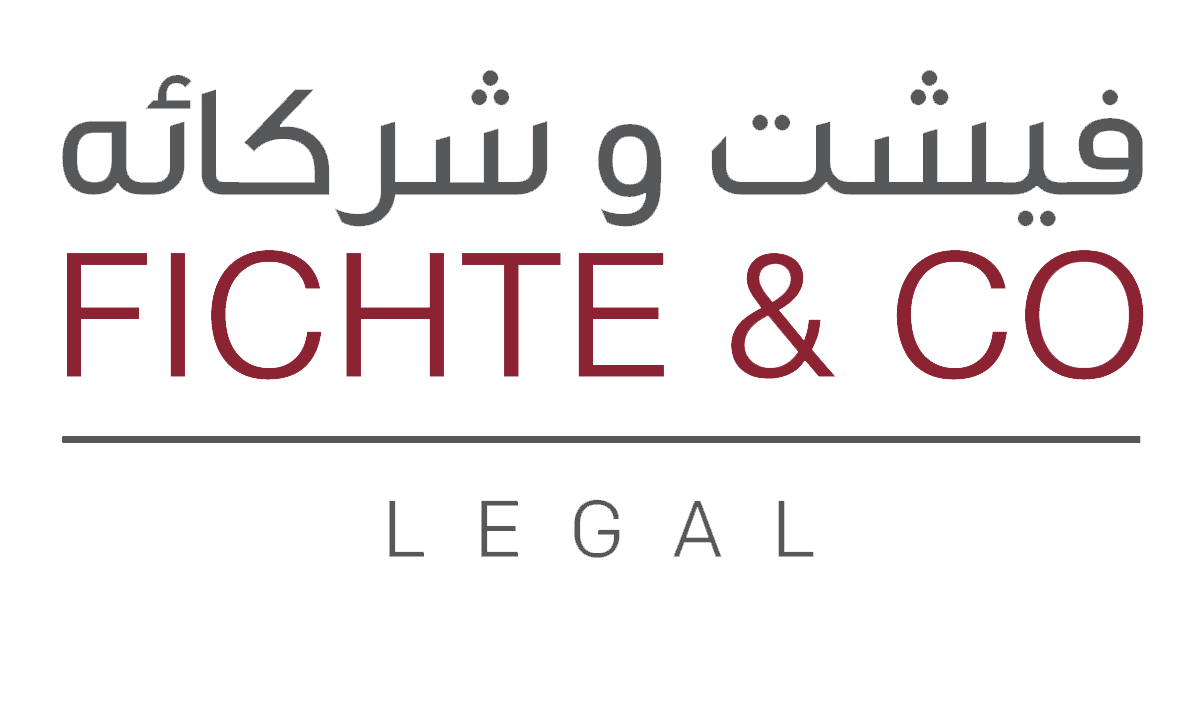In the realm of global finance, the United Arab Emirates (UAE) has long stood as a beacon of opportunity, drawing investors and businesses from around the world. Another sound reason to enhance this undeniable truth is the recent removal of the UAE from the Financial Action Task Force (FATF) Grey List [1], which can only be perceived as a major development that underscored the UAE commitment to robust regulation and transparency.
The FATF Plenary of 21 – 23 February 2024 announced the UAE as a jurisdiction that is no longer under “increased monitoring” and that has strategically implemented the measures formerly recommended by FATF [2].
Such a decision marks a pivotal moment not only for the UAE but also for the global business community, signalling enhanced confidence in the nation’s financial ecosystem and opening doors to greater investment opportunities.
This delisting owes to the UAE’s relentless efforts to enhance its regulatory landscape by implementing a series of measures required to promote transparency in the state and prioritize integrity and stability.
Some of the measures taken by the UAE government over the past years to fortify its legal and regulatory frameworks in order to align with international standards prescribed by entities like FATF and the International Monetary Fund (IMF) are the following:
- Establishment of a specialized court dedicated to prosecuting financial crimes;
- Creation of an Executive Office to combat money laundering and terrorist financing;
- Issuance of updated guidelines for financial institutions and designated non-financial businesses and professions (DNFPBs);
- Consolidation of laws to expressly address AML, bribery, anti-corruption, and related offences;
- Provision of regulatory guidance to financial institutions and DNFBPs by authorities such as the UAE Central Bank and Financial Free Zone authorities.
By demonstrating its compliance with international standards, the UAE has managed to solidify its reputation as a reliable and transparent jurisdiction for conducting business. This remarkable accomplishment highlights a vital progression for the UAE, cementing its position as a leading financial centre dedicated to upholding financial integrity and offering a secure environment for businesses.
Among the imminent outcomes of this strong confidence, which are expected to be perceptible across every UAE sector by heightened business activity and prosperity, the following shall be of reference:
- Reinforcement of UAE’s reputation: This delisting solidifies the UAE’s reputation as a dependable and compliant financial jurisdiction, showcasing its unwavering adherence to integrity and transparency standards;
- Catalyst for economic growth and development: A robust regulatory environment is essential for driving economic progress and attracting foreign investment. The enhanced framework in the UAE facilitates business expansion, innovation, and job creation;
- Streamlined transactions and reduced compliance costs: This delisting is anticipated to streamline international transactions and reduce compliance burdens on UAE counterparties, leading to greater efficiency and cost-effectiveness in financial operations.
By successfully navigating the rigorous scrutiny of the FATF, the UAE demonstrates its proactive stance against illicit financial activities, positioning itself as a pillar of trust in the increasingly interconnected world of finance.
____________________________________
[1] The FATF’s Grey List represents a record comprising some jurisdictions which appear to have some inadequacies in their anti-money laundering (AML) and counter-terrorism financing (CFT) frameworks, but which are actively striving to resolve such.
[2] Further details on the FATF Plenary meeting can be accessed at https://www.fatf-gafi.org/en/publications/Fatfgeneral/outcomes-fatf-plenary-february-2024.html





